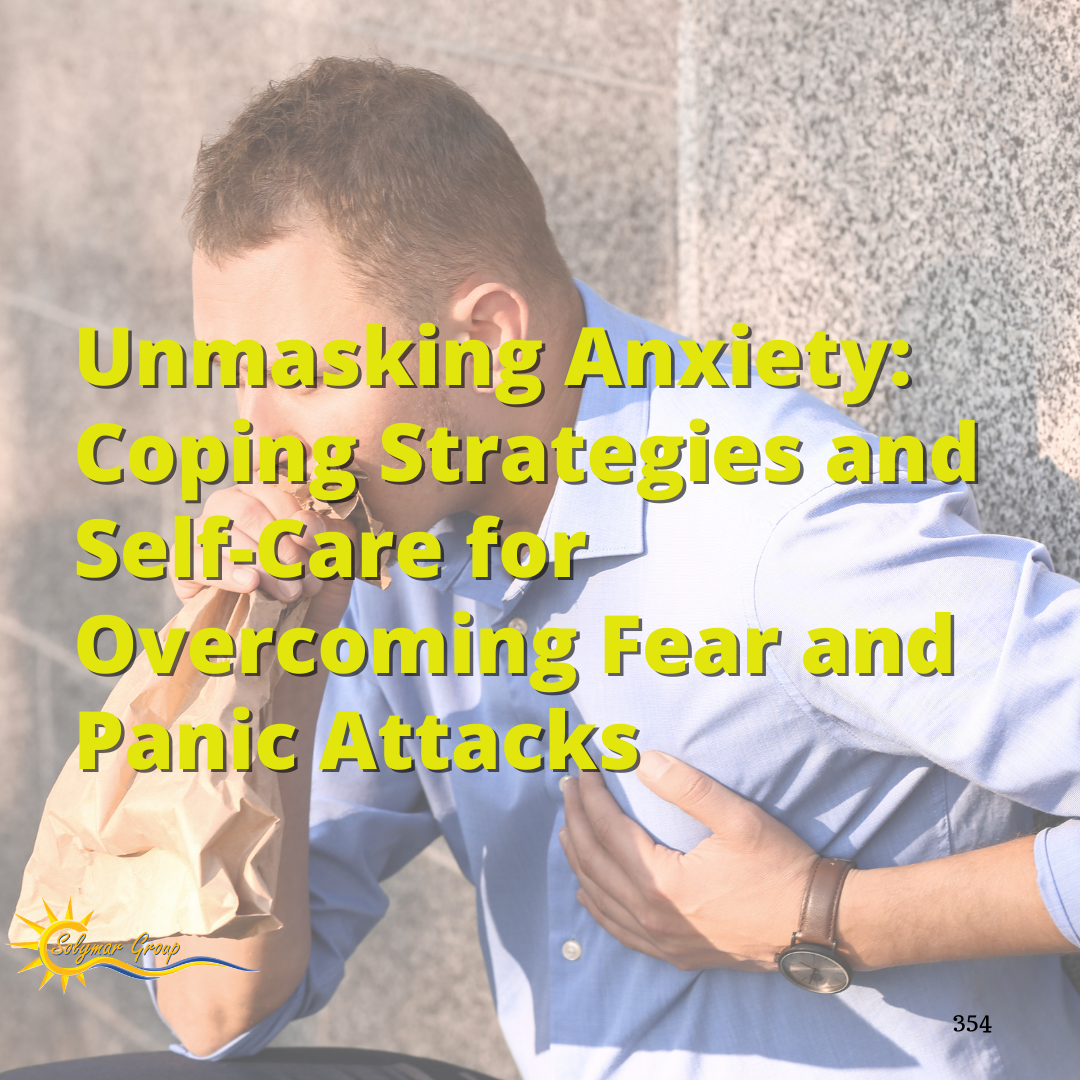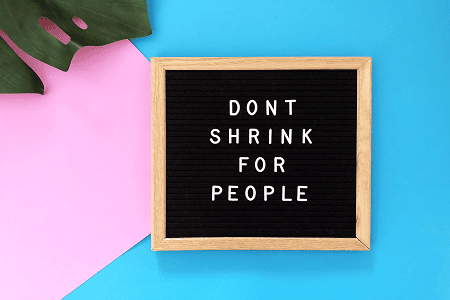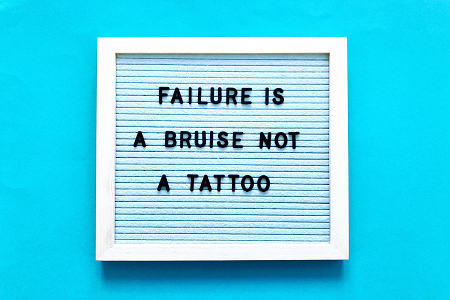![Understanding Anxiety: From Mild Worries to Severe Anxiety Disorders]() Understanding Anxiety: From Mild Worries to Severe Anxiety Disorders
Understanding Anxiety: From Mild Worries to Severe Anxiety Disorders
Anxiety is a natural response to stress, but for many, it goes beyond occasional worry or nervousness. When anxiety becomes chronic or intense, it can lead to an array of disorders, affecting one's daily life and overall well-being. Let's explore some key aspects of anxiety and how it can be managed.
What Is Anxiety?
Anxiety is a feeling of unease, such as worry or fear, that can range from mild to severe. Everyone experiences anxiety at some point, but when these feelings persist or escalate into extreme anxiety, it may signal an anxiety disorder.

 Understanding Anxiety: From Mild Worries to Severe Anxiety Disorders
Understanding Anxiety: From Mild Worries to Severe Anxiety Disorders










